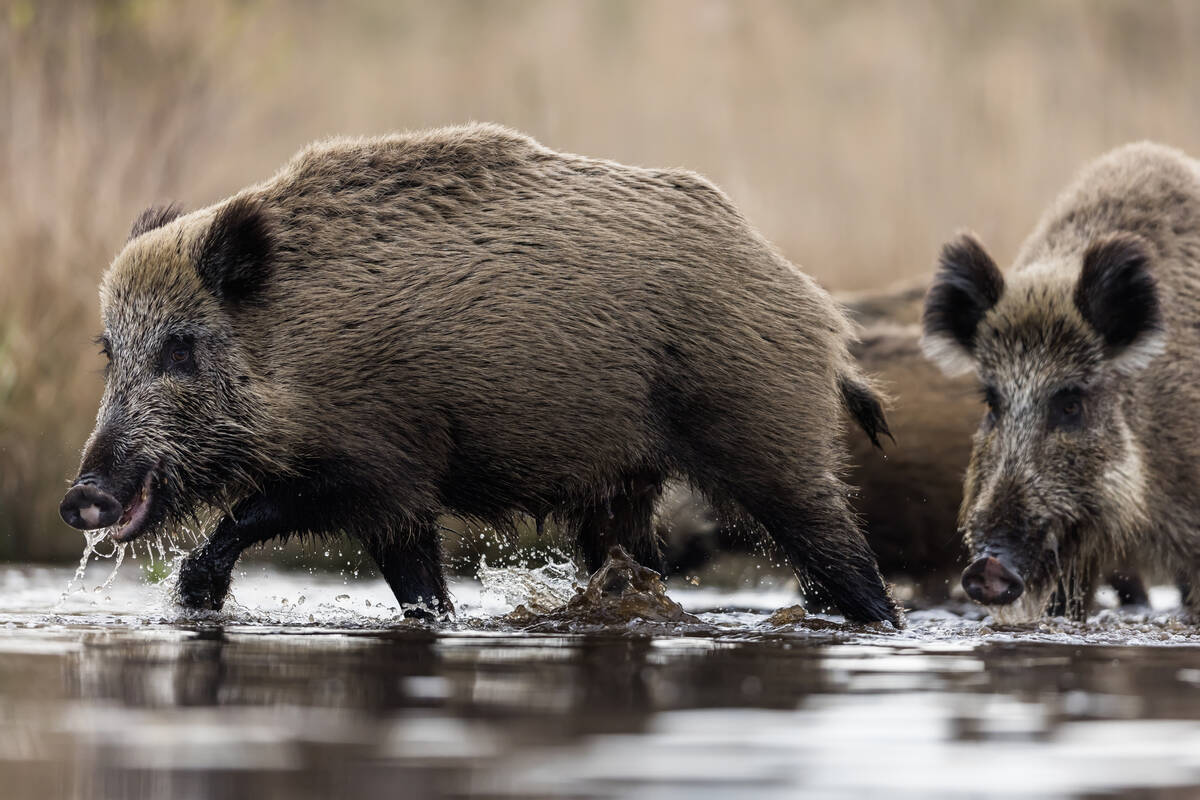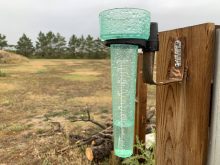The last time the flax industry developed a herbicide tolerant variety it came back to haunt them, shutting down trade with Europe decades after it was first field-tested.
That won’t happen this time around.
The Flax Council of Canada has joined with Cibus Global to develop non-genetically modified, herbicide tolerant lines of the oilseed.
The San Diego, California-based company plans to use its patented Rapid Trait Development System (RTDS) to create lines of flax with improved weed control.
“If we can provide that herbicide tolerance, we might actually see an increase in performance and yield. That’s exciting to me as an old breeder,” said James Radtke, vice-president of product development with the seed technology company.
Read Also

Manitoba bans wild boar possession
Manitoba has tightened the regulatory status of Eurasian wild boar in an effort to help fight back against invasive wild pigs.
The RTDS breeding technique used by Cibus is known as targeted mutagenesis, which alters plant species without the introduction of foreign genetic material.
The 2001 European Union Directive on GMOs exempts mutagenesis-derived crops, so the new herbicide tolerant flax wouldn’t face the same scrutiny as CDC Triffid, a GM variety developed by a University of Saskatchewan Crop Development Centre breeder in the late 1980s.
Triffid was tolerant to soil residues of sulfonylurea herbicides, such as Glean, providing wheat growers with a new rotational cropping option.
Triffid was voluntarily deregistered in 2001 when it became apparent that producers didn’t want to jeopardize the GM-sensitive European market.
But trace amounts of Triffid reappeared in 2009 in dozens of tests on food products and Canadian flax shipments. The incidents led to the loss of the European market and lower flax prices.
In February, the federal government announced it would contribute up to $4 million for the development of non-GM herbicide tolerant flax.
Commercial varieties of Cibus’s herbicide tolerant flax are expected to hit the market by 2015.
Barry Hall, president of the Flax Council of Canada, said the partnership with Cibus will help the industry’s “ambitious goals for acreage expansion and product improvement.”
He said the herbicide tolerant flax will be easier and more profitable to grow, and it will meet the concerns of the European market, which in the past has consumed about 70 percent of Canada’s flax exports.
“We hope it is just the first of many traits we develop together, including oil quality and quantity improvements,” said Hall.
Cibus president Keith Walker said the joint venture with such a major trade organization is recognition that its RTDS technology is a viable alternative to GM crops.
Cibus is also exploring the possibility of working with Canadian barley growers to create herbicide tolerant or disease resistant lines of the cereal crop.















